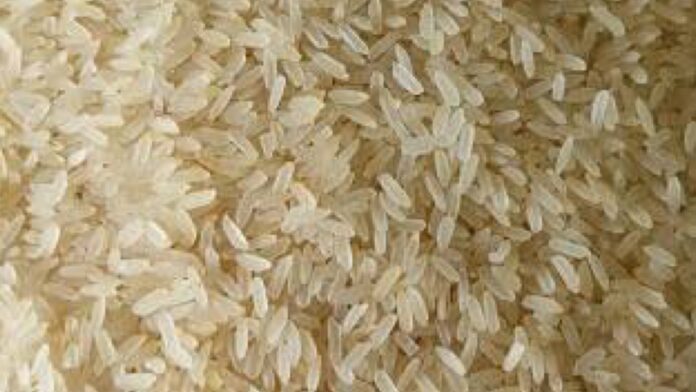Nigeria’s two-year-old cost of living crisis, which has seen the price of grocery staples like rice rise over 100% since 2023, has reached the relatively affluent class of dog owners, who are struggling to feed their pets because of soaring food costs.
Keeping animals as pets is a recent trend in Nigerian society, where traditionally people were more likely to live with chicken or goats reared for food.
Over the past two decades, there was a rise in the number of households in urban areas keeping pet dogs, often for security in a country plagued by violent crime, but also for companionship. No precise data are available on dog ownership, but a 2023 survey by research agency TGM Statbox indicated that around 42% of Nigerians own pets.
However, in a sign of economic hard times hitting across society, that is an increasingly expensive luxury.
One dog owner, Peter Anthony, a student who lives with his parents in the southwestern city of Ibadan, said feeding his German Shepherd, Flora, was never previously a concern for the family.
“Before the whole high cost of living saga, feeding her was so easy,” he said, waiting for Flora at a pet hospital where she had been treated for an ear condition.
“But now, by the time you pick out that money from your pocket, you’d know that something has left you,” he said.
The family now feeds Flora a smaller daily ration of noodles mixed with fish or eggs, Anthony said.
Flora’s owners are among the lucky ones who are still able to keep their dog healthy, even footing vets’ bills.
In a crisis that began when the government removed a fuel subsidy and devalued the naira currency in May 2023, inflation has been in double digit territory, hitting 34.80% last December, the highest in three decades, before easing to 23.71% in April.
Reuters



